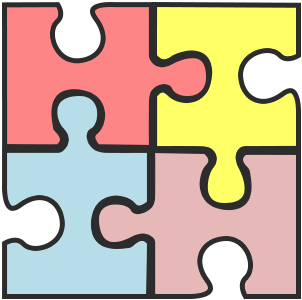
STAY CALM!! It gets worse before it gets better!!
When we see a problem behavior reoccurring in clients its most likely due to the behavior being reinforced by a family member or support staff and in most cases is done unintentionally. The way someone reacts when a problem behavior occurs can increase a behavior and by changing our response, we can decrease how often it occurs. Behavior plans for problem behaviors are created by that clients BCBA and involve identifying the function of the behavior, changing how we respond to that problem behavior, and teach an alternative behavior through functional communication training (FCT) that would still get them the

